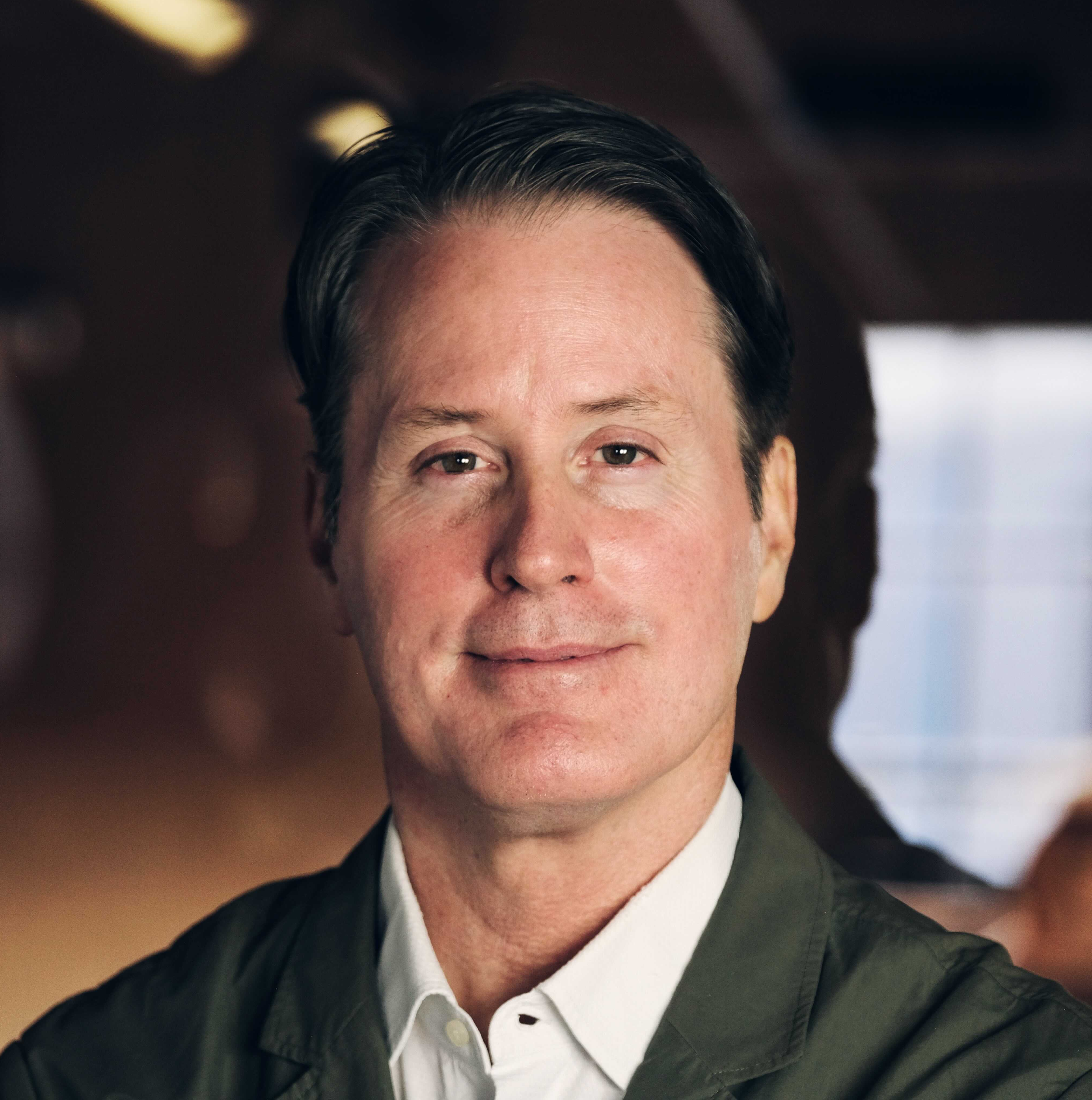Shelton Stat of the Week
85% of people globally agree that climate change is occurring, and it is primarily caused by human activity. – Global Eco Pulse® 2024
First of all, set aside ideology. And set aside emotion.
The key to making your case for the existence of climate change, and why it could and should matter to a corporate non-believer in a position of power, is plain and simple economics. Instead of leading with the “because science” argument, it’s time to embrace the “because business” argument.
Consumers believe in it
At the end of the day, when it comes to business it frankly doesn’t matter what you believe or what your boss believes. What matters is what the almighty customers/consumers — and their almighty disposable dollars — believe. And based on our latest insights, what they actually do in fact believe might surprise even a climate change skeptic.
According to our latest Global Eco Pulse® data, a majority of people around the world — 85% actually — believe that global warming or climate change is occurring, and it is primarily caused by human activity. In America, 68% of people believe that not only is climate change occurring, but that it is also caused by human activity. That’s the highest level of agreement we’ve seen in 16 years!
So, assuming you work for a company whose success is dependent on satisfying its consumers and speaking to them about what they care about — and what you’re doing about what they care about — that stat will be important to your higher-ups.
Here’s another stat that can be helpful: 90% of consumers say a company’s environmental reputation has an impact on their purchasing decisions. In fact, 44% can name (unaided) a product or brand they’ve purchased — or not purchased — because of the environmental or social record of the manufacturer.
This means that not only do they believe in climate change and care about climate change, but they are purchasing based on those beliefs.
Employees believe in it
You know who else cares about your company’s stance on climate change and other environmental and social issues? Employees and potential employees. More and more people are taking shared values into consideration when they choose an employer. So yes, your boss’s beliefs on climate change do indeed matter, but they don’t matter more than the beliefs of the two main audiences that determine the success of your company: your consumers and your employees.
Green economy benefits
Another argument from climate deniers is that our country can’t afford a transition to the green economy. This is not even close to true. In fact, in 150 countries wind and solar power are actually now the cheapest forms of power compared to fossil fuels:
- The global average cost of electricity from onshore wind fell to 3.3 cents per kilowatt-hour, 3% less than the year before, and utility-scale solar photovoltaic fell to 4.4 cents/kWh, 12% less than the year before.
- Fossil-fuel prices rose in 2023 to 10 cents/kWh, according to IRENA’s report.
The world is also already providing enormous subsidies to support the fossil fuel energy sector, money which could be transitioned to support renewable energy: The International Monetary Fund (IMF) estimates that we give $7 trillion in subsidies to fossil fuels, both explicitly and implicitly. Shifting that financial support to renewables that don’t pollute the air, water and land, and don’t contribute to greenhouse gas emissions, would actually cost less and have fewer environmental consequences.
The economic impact
Next, consider the economic cost that climate change-caused impacts such as wildfires and more frequent and destructive hurricanes and flooding have on the general economy, which undoubtedly has an impact on your own company. When a climate-caused disaster occurs, you’re faced with the cost of rebuilding offices and other facilities, transportation delays and other disruptions in the global supply chain, lost employee time and productivity, and increased insurance costs.
And those are just a few of the financial costs. The toll on human life, and specifically your employees’ lives, is even greater. In the end, it will be cheaper and better for us all if we shift to renewable energy, avoiding trillions of dollars in property damage, lost productivity, and worst of all, lives impacted and lost.
Finally, in a business world that is so focused on the short term and next quarter’s profits, it may seem easy to punt investment in clean energy and more sustainable practices into the future. It’s also common for people in general to think of sustainability as something for future generations to worry about, not our own.
The truth is, the impacts are happening right now. Again, look no further than today’s news of wildfires and hurricanes, floods and droughts, and their costs to the economy and businesses like yours. What used to be talk of distant melting glaciers that no one would ever see without taking a trip to Iceland or Alaska is now a fire or flood right in your own neighborhood.
Hopefully we’ve armed you with some tangible, fact-based talking points. Re-evaluate your pitch through that lens — the business lens — and see what a difference it can make. It may not turn climate deniers into climate believers, but it may gain the support you need to continue the good work you’re doing.
 View all
View all 